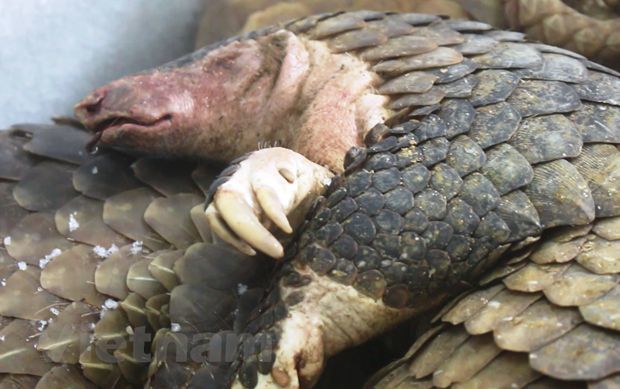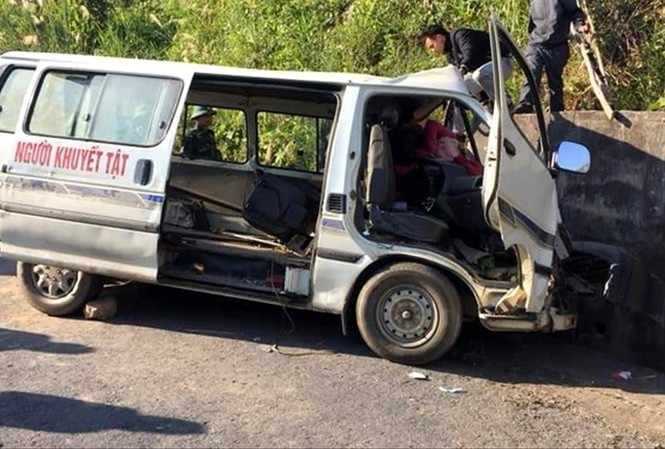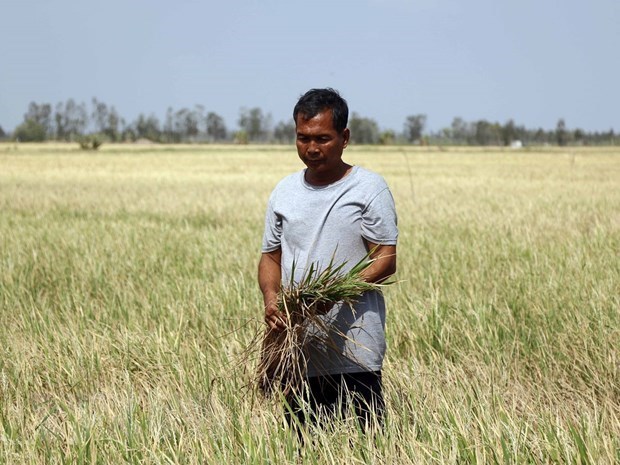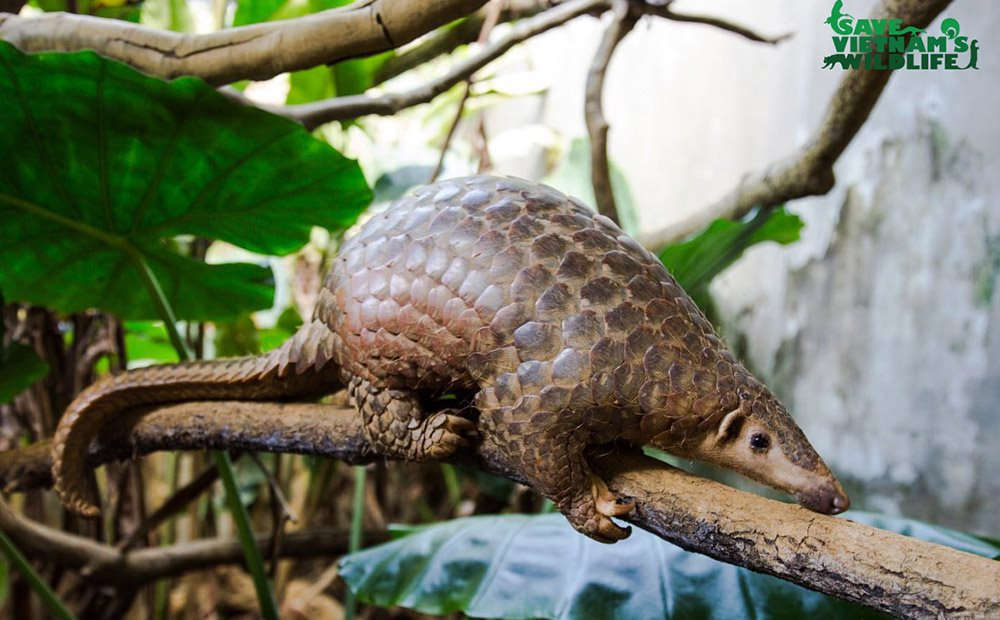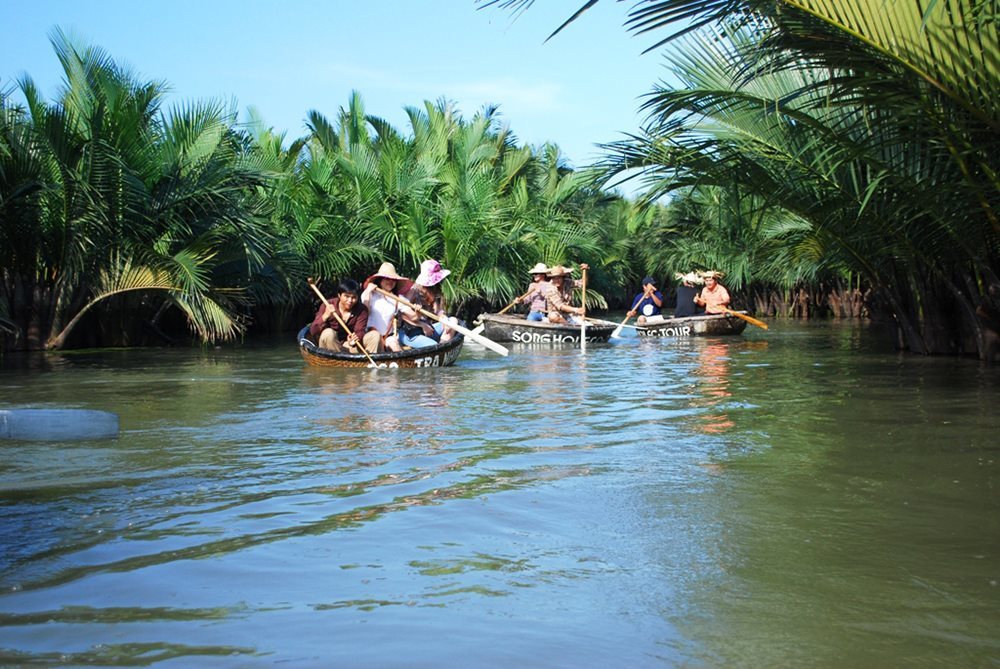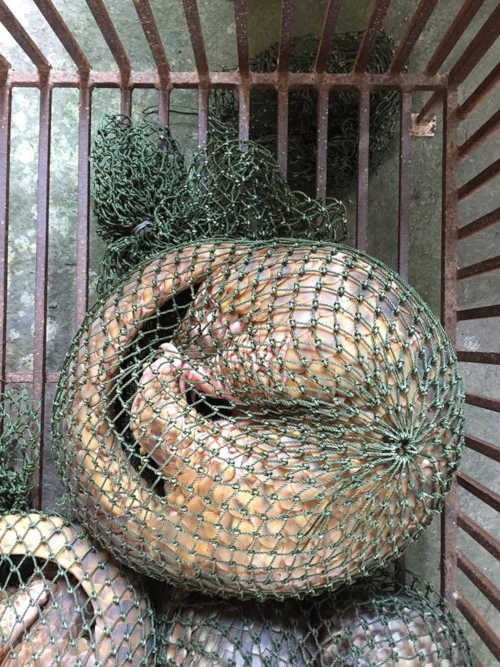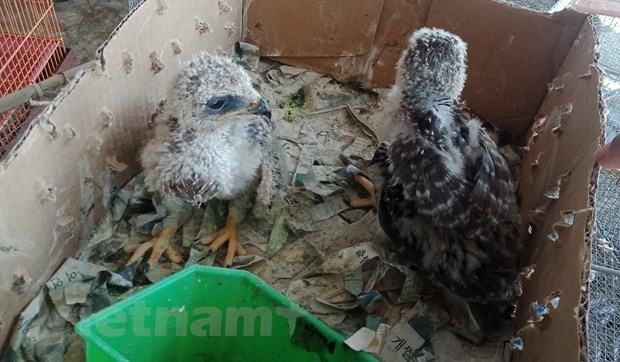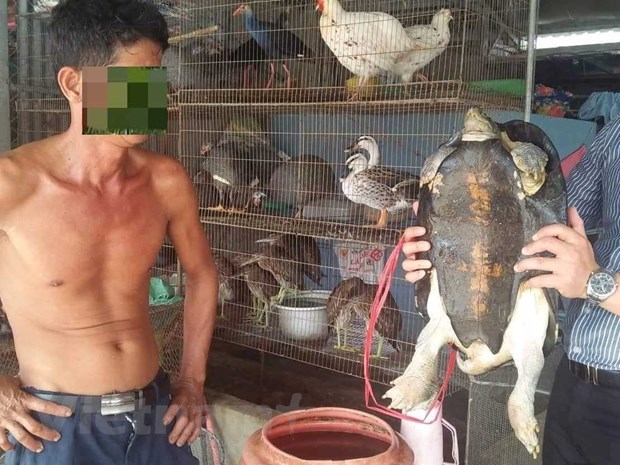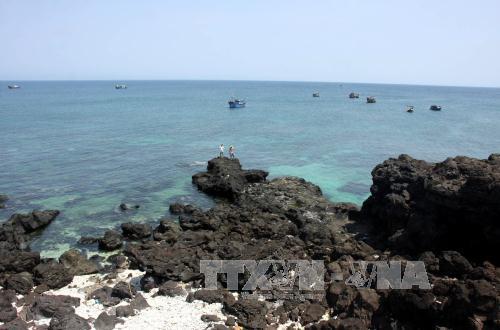- © Copyright of Vietnamnet Global.
- Tel: 024 3772 7988 Fax: (024) 37722734
- Email: [email protected]
Vietnam environment
Update news Vietnam environment
Developing tourism while protecting the environment is difficult task for Vietnam
 Experts warn that Vietnam’s tourism may lose its appeal in the eyes of foreign travelers because of environmental degradation in the country.
Experts warn that Vietnam’s tourism may lose its appeal in the eyes of foreign travelers because of environmental degradation in the country.
Photographer devotes years taking thousands of photos about environmental protection
 Tens of thousand of photographs have been taken by Do Trong Hoai An during his trekking trips throughout the country over the last 37 years, half of which relate to environmental protection.
Tens of thousand of photographs have been taken by Do Trong Hoai An during his trekking trips throughout the country over the last 37 years, half of which relate to environmental protection.
Eliminating wildlife markets amid Covid-19 is an uphill task as local officials neglect responsibility
 Over 1,500 cases of violations of laws on wildlife protection were discovered within the 2013-2017 period.
Over 1,500 cases of violations of laws on wildlife protection were discovered within the 2013-2017 period.
Environment Ministry puts four weather radar stations into operation
 The Ministry of Natural Resources and Environment (MoNRE) said it has put four weather radar stations into operation in northern and central regions in an attempt to increase the accuracy of weather forecasts.
The Ministry of Natural Resources and Environment (MoNRE) said it has put four weather radar stations into operation in northern and central regions in an attempt to increase the accuracy of weather forecasts.
Expired cars still in circulation
 As of the end of 2019, Vietnam had over 16,000 additional expired cars still in circulation out of the total 206,000 cars. They are a threat to traffic safety and environment.
As of the end of 2019, Vietnam had over 16,000 additional expired cars still in circulation out of the total 206,000 cars. They are a threat to traffic safety and environment.
Mekong Delta saline intrusion to be worse this year
 The General Water Resources Directorate has predicted that saline intrusion in Mekong Delta this year will come earlier and be more serious than in 2015-2016.
The General Water Resources Directorate has predicted that saline intrusion in Mekong Delta this year will come earlier and be more serious than in 2015-2016.
Regional cooperation is solution to climate change
 Scientists believe regional cooperation will help cope with the effects of climate change.
Scientists believe regional cooperation will help cope with the effects of climate change.
Vietnam launches air quality monitoring app
 The air quality monitoring app is user-friendly, easy to download, install and upgrade.
The air quality monitoring app is user-friendly, easy to download, install and upgrade.
New regulations on rubbish disposal to be tightened
 Households who discharge more waste will have to pay more according to an amended Law on Environmental Protection.
Households who discharge more waste will have to pay more according to an amended Law on Environmental Protection.
Vietnam follows new approach to deal with saline intrusion in Mekong Delta
 Instead of fighting against saline intrusion and climate change, the Mekong Delta is trying to adapt to new circumstances.
Instead of fighting against saline intrusion and climate change, the Mekong Delta is trying to adapt to new circumstances.
Pangolin’s future in Vietnam depends on public awareness
 After the last rhino in Vietnam disappeared in 2010, conservationists warned that pangolin may be the next animal species to be added into the list of extinct wildlife.
After the last rhino in Vietnam disappeared in 2010, conservationists warned that pangolin may be the next animal species to be added into the list of extinct wildlife.
Scientists warn of climate change's effect on water resources in Vietnam
 The rapid population increase as well as agricultural development and aquaculture in the last decades have significantly reduced the natural value of Mekong Delta.
The rapid population increase as well as agricultural development and aquaculture in the last decades have significantly reduced the natural value of Mekong Delta.
Coping with climate change in Vietnam's wetlands
 As a member state of the Ramsar Convention, Vietnam has carried out many activities to encourage and enhance the conservation of wetlands to cope with climate change.
As a member state of the Ramsar Convention, Vietnam has carried out many activities to encourage and enhance the conservation of wetlands to cope with climate change.
Wildlife massacre: forest rangers do little to prevent it
 Reporters provided photos and evidence about the slaughter of Red-Book-listed wild animals to forest rangers, but they remained unruffled.
Reporters provided photos and evidence about the slaughter of Red-Book-listed wild animals to forest rangers, but they remained unruffled.
Closure of illegal wildlife markets will help fight Covid-19
 Like the SARS outbreak in 2003, which claimed the lives of five Vietnamese, the 2019 coronavirus is also believed to be transmitted from wildlife to humans.
Like the SARS outbreak in 2003, which claimed the lives of five Vietnamese, the 2019 coronavirus is also believed to be transmitted from wildlife to humans.
Only severe punishment can help stop wildlife trafficking in Vietnam: NA deputies
 A member of the National Assembly’s Legal Committee, Pham Van Hoa, said it is necessary to set up a mechanism which would supervise and severely punish the slaughter and trafficking of wildlife.
A member of the National Assembly’s Legal Committee, Pham Van Hoa, said it is necessary to set up a mechanism which would supervise and severely punish the slaughter and trafficking of wildlife.
Reuse and reduction are solutions to plastic waste: scientists
 Treating plastic waste, including ocean plastic waste, is a burning issue for Vietnam.
Treating plastic waste, including ocean plastic waste, is a burning issue for Vietnam.
Deeper look into ecological costs of coal-fired power in Mekong Delta needed: expert
 Ecological expert Nguyen Huu Thien speaks on the need for clearer environmental regulations for thermopower plants in the Mekong Delta to reduce risks to the region’s aquatic resources.
Ecological expert Nguyen Huu Thien speaks on the need for clearer environmental regulations for thermopower plants in the Mekong Delta to reduce risks to the region’s aquatic resources.
The ‘hellish market’ of wild animals in Long An
 In the southern province of Long An, there is a large market, existing for tens of years, called ‘a hellish market’, where wild animals are slaughtered and sold every day.
In the southern province of Long An, there is a large market, existing for tens of years, called ‘a hellish market’, where wild animals are slaughtered and sold every day.
Expanding MPAs is sustainable solution for green marine economy
 Marine protected areas (MPA) are considered an effective management tool to protect the sustainability of waters and marine business fields based on natural resources such as fishing, tourism and associated services.
Marine protected areas (MPA) are considered an effective management tool to protect the sustainability of waters and marine business fields based on natural resources such as fishing, tourism and associated services.


